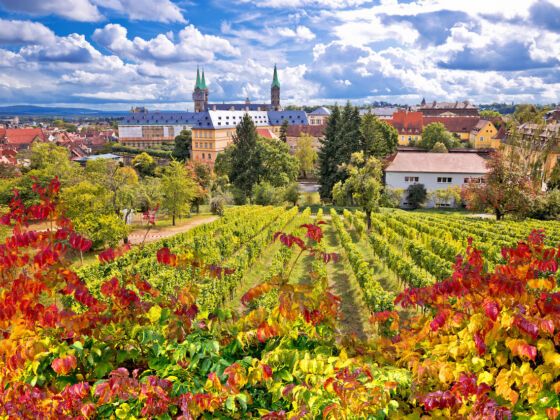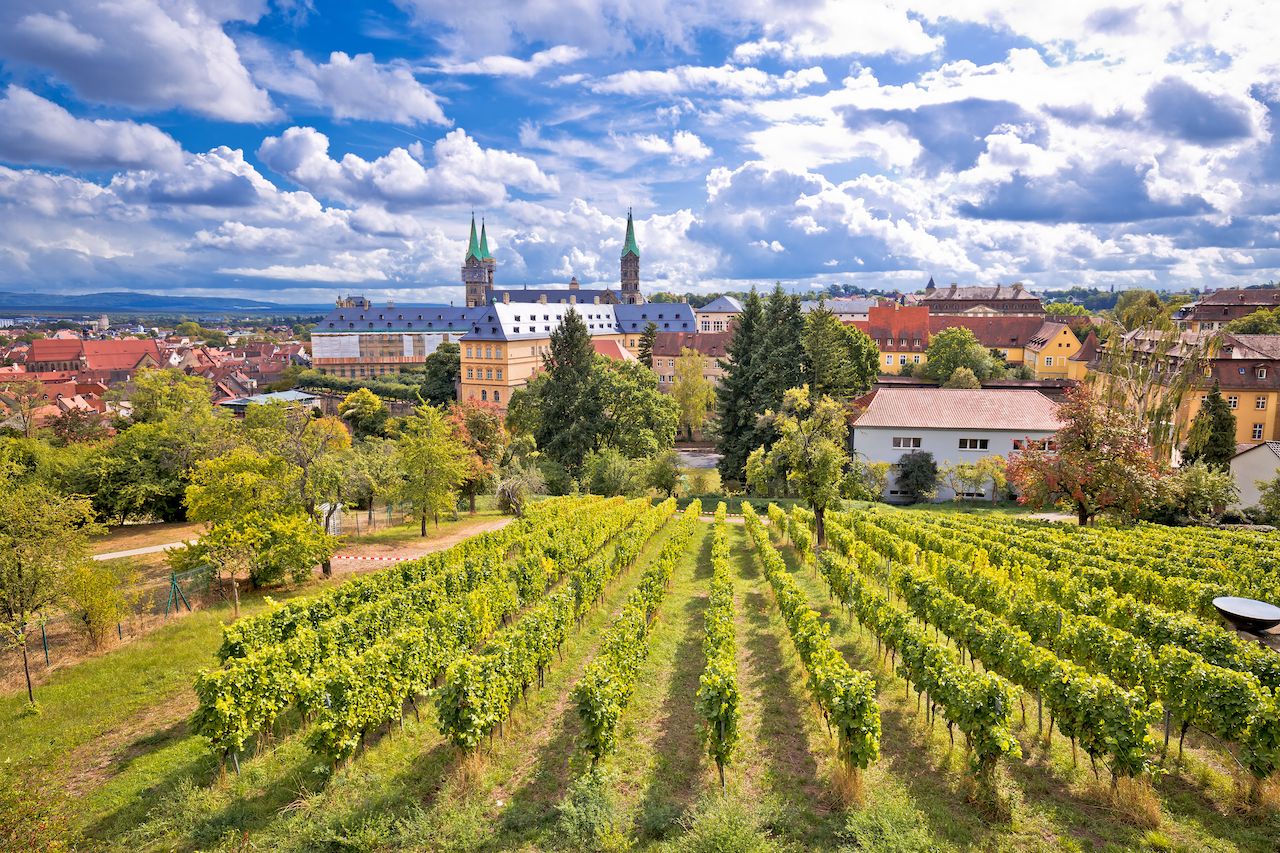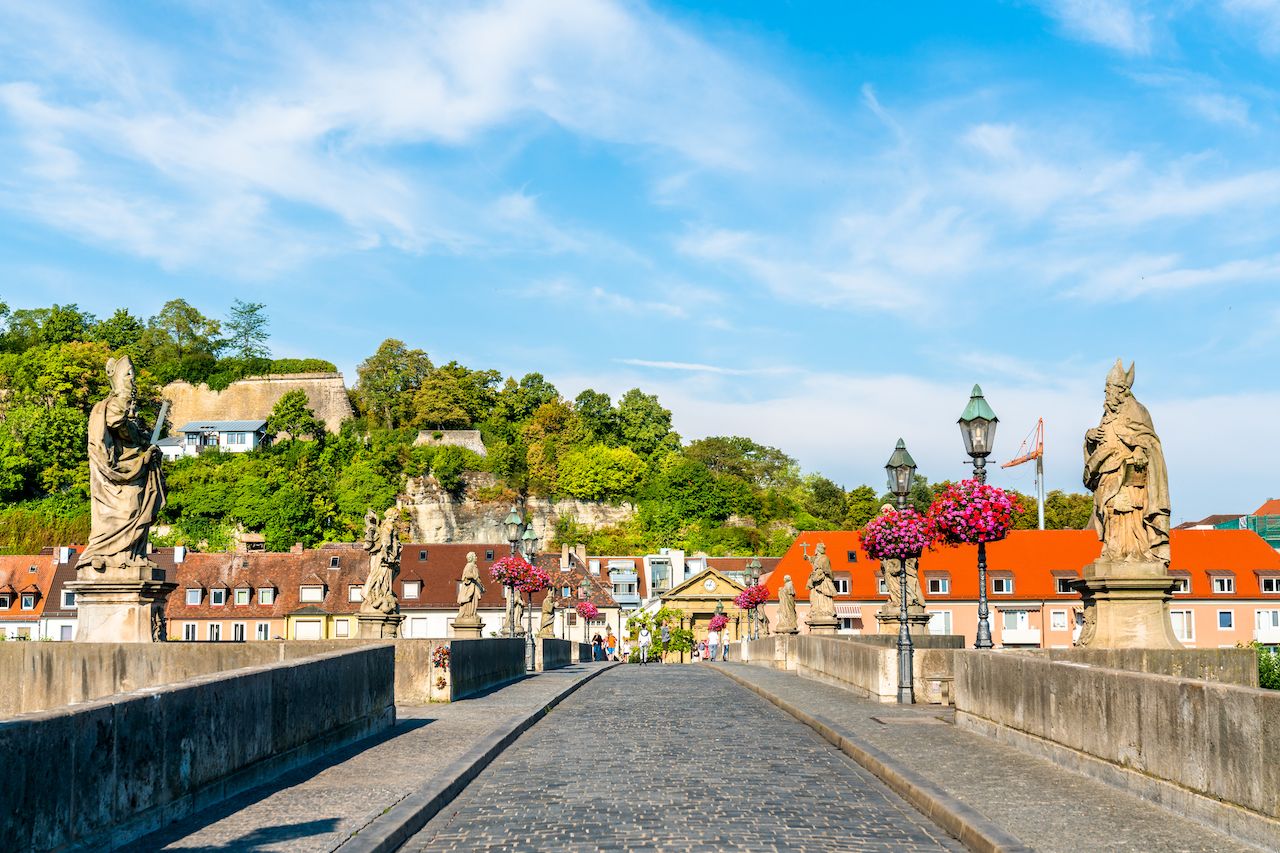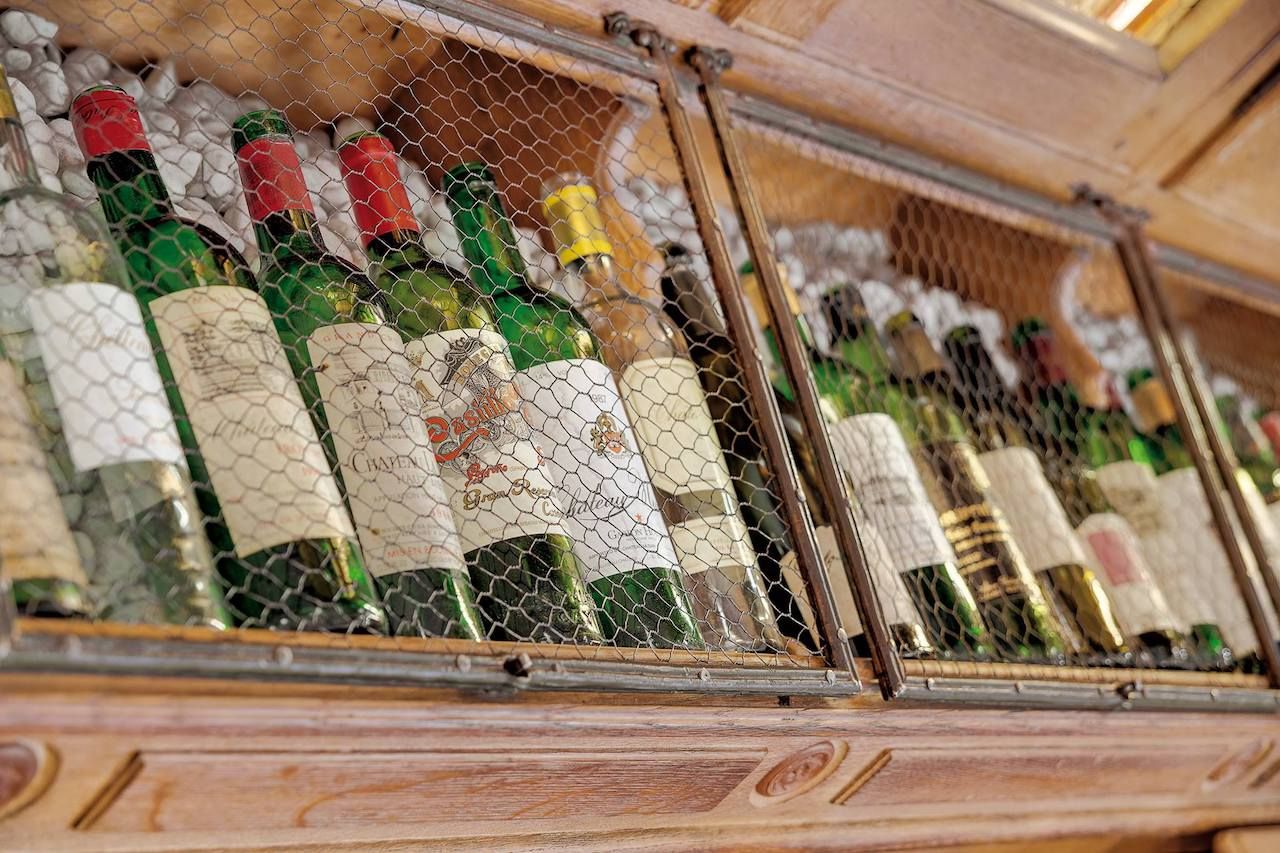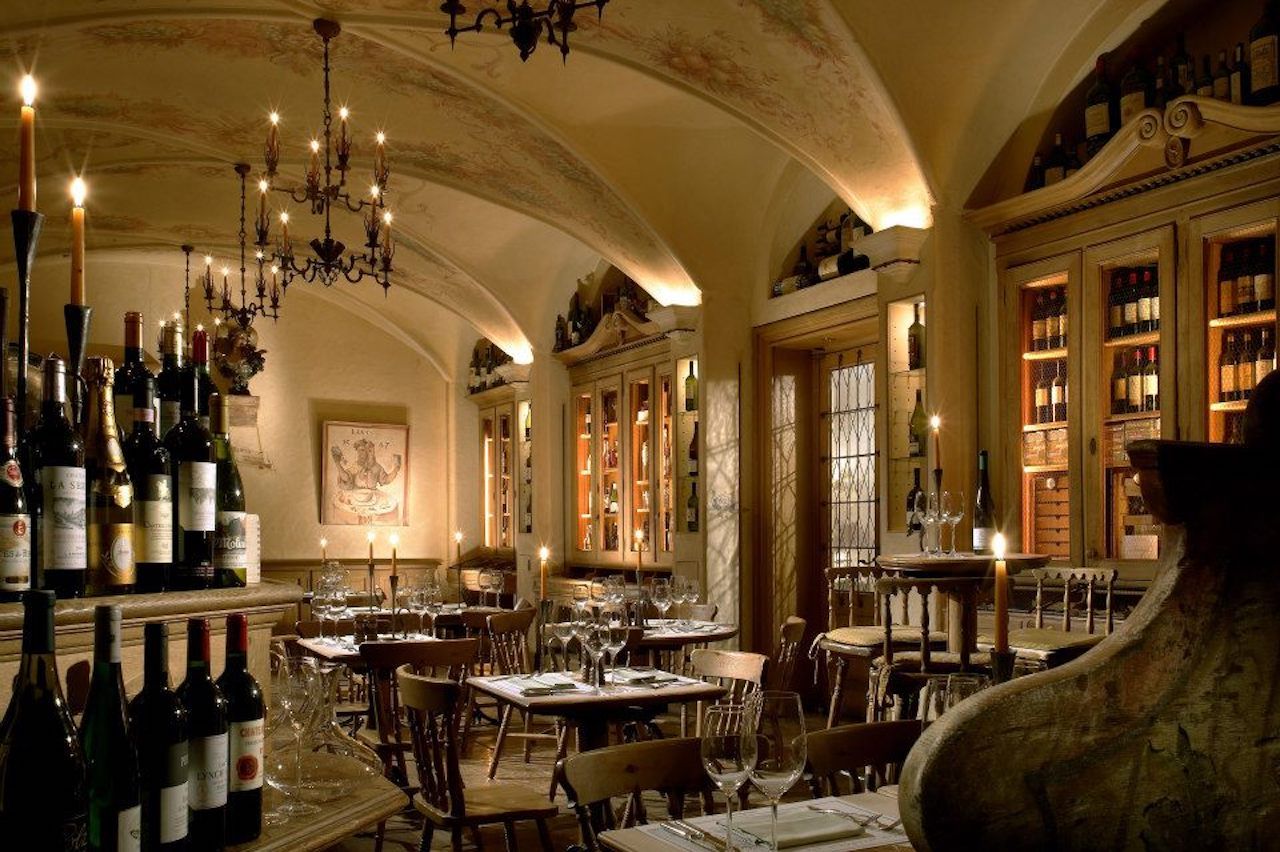“Would you prefer the saugell trocken or the silvaner escherndorfer, sir?” the sommelier at Munich’s Vinothek by Giesel asked me in a tone that suggested he already knew the right answer.
He might as well have asked me to solve a long division equation.
It brought me back to a wine tasting I had done at a vineyard in Luxembourg’s Moselle Valley. I had no business being there. As far as I knew, boxed wine was top shelf stuff and sauvignon blanc was Elon Musk’s kid. My ignorance was proven when the journalist next to me (a seasoned wino) spat his wine into the spittoon and I, appalled, thought he had just spit it into the host’s flower vase. At that wine tasting I had tried (and failed) to hide my ignorance — and it didn’t get me anywhere. In Munich, I decided not to hide anything.
